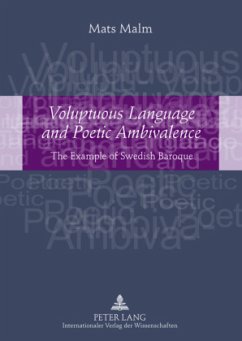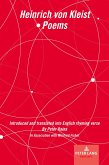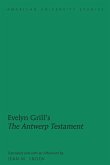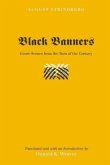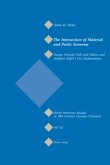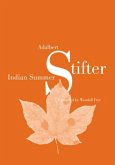Within the rhetorical tradition lay an often unnoticeable, but at times marked suspicion about what was perceived to be effeminate and voluptuous language. Sensual and pleasurable language was thus understood as immoral in the same way as excessive corporeal pleasures were considered detrimental, and the notion of voluptuous language could result in a tension concerning the delights of poetry. This study develops ways to analyse how this poetic ambivalence affected poetry in early modern Sweden, where the notion of voluptuous language became especially strong, not only influencing poetry but also connecting to political and religious self-understanding. Treating this in connection with the media conditions of the time, the study attempts to clarify the phenomenon of 'Baroque'.

